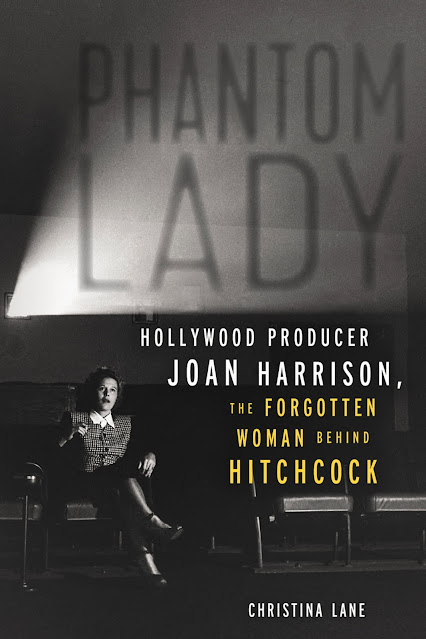Turns out today, Dec. 19th, 2023, is the 180th anniversary of the publication of Charles Dickens' A Christmas Carol, arguably one of the most important works of English-language fiction. Thanks to writer Neil Gaiman who pointed this out on social media, and who is currently doing his bit where he dresses up and reads the book, cover to cover, to a live audience.
I'd love to see someone film that sometime. The only audio book I've ever listened to
was performed by Patrick Stewart, and, pals, I cannot recommend it enough. I also recommend the film version he did.
And that's really the thing. Most of us come to A Christmas Carol through a movie or TV special, cartoon adaptation, puppet show or what-have-you. And that's actually great. I know mine was the Disney version with Scrooge McDuck and Mickey in key roles. But I also grew up in the wake of the George C. Scott version. And hit Scrooged at a key point in my teen-hood where it really landed, and not just because Karen Allen.*
I think I finally read the book in 8th or 9th grade. What I really remember is that I was supposed to read bits at a time, and I did not. It's short - Neil Gaiman can read it all in one shot, and Patrick Stewart's Audible version is like an hour and forty-five minutes - a fraction of your average Marvel film.
And, you know what? The book is great. I re-read it every decade or so.
I don't need to explain it to you, which is a nice time-saver in writing about the thing. You know there's a first ghost who warns about the other three. You know there's some light time-travel and walking around as a phantom. There's love lost and bitter childhood memories. And there's social commentary aplenty, which has remained relevant year-over-year for the past 180 years.
In many ways, recognizing the echoes of the pre-reformed Ebenezer Scrooge's dialog is a shockingly easy way to spot a terrible human. And yet, no matter how many times people see the movies or read passages or see plays, and, or. etc... here we are.
And so, the book remains endlessly relevant.
Movies may change things up - cosmetic bits like changing the look of a ghost. Or minimizing or eliminating bits. And the book's core remains intact. Because it's a fantasy that those with no motivation to change their ways will somehow, through the hand of God where their own conscience failed them, be moved by humanity to be human, and not just an engine for generating wealth. At the end of the day, how you'll be thought of in this life will be multiplied the moment you pass.
Here's to another 180 years more.
*but also not not because of Karen Allen




















